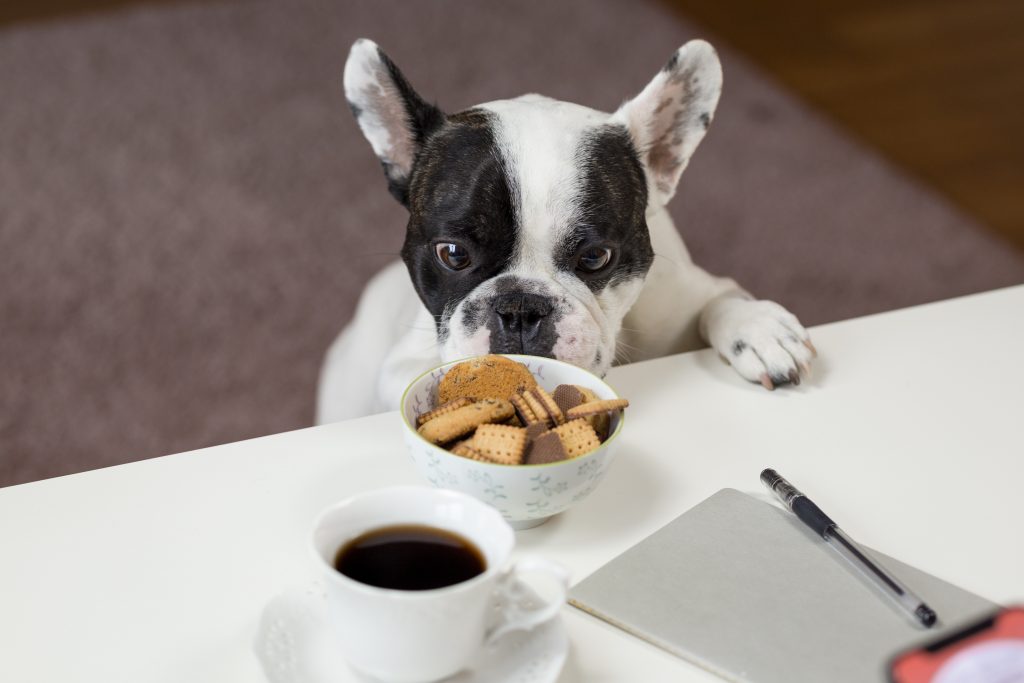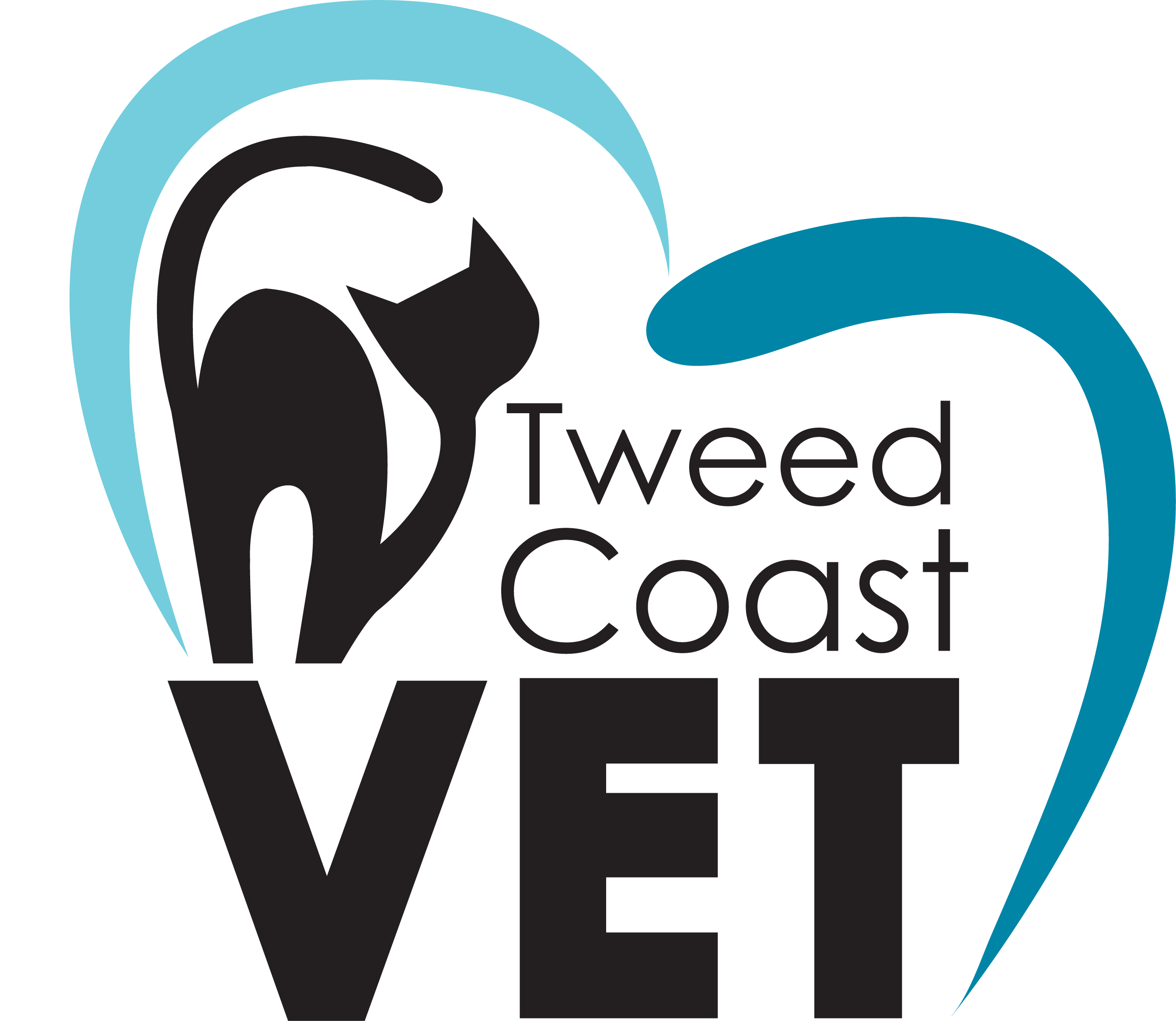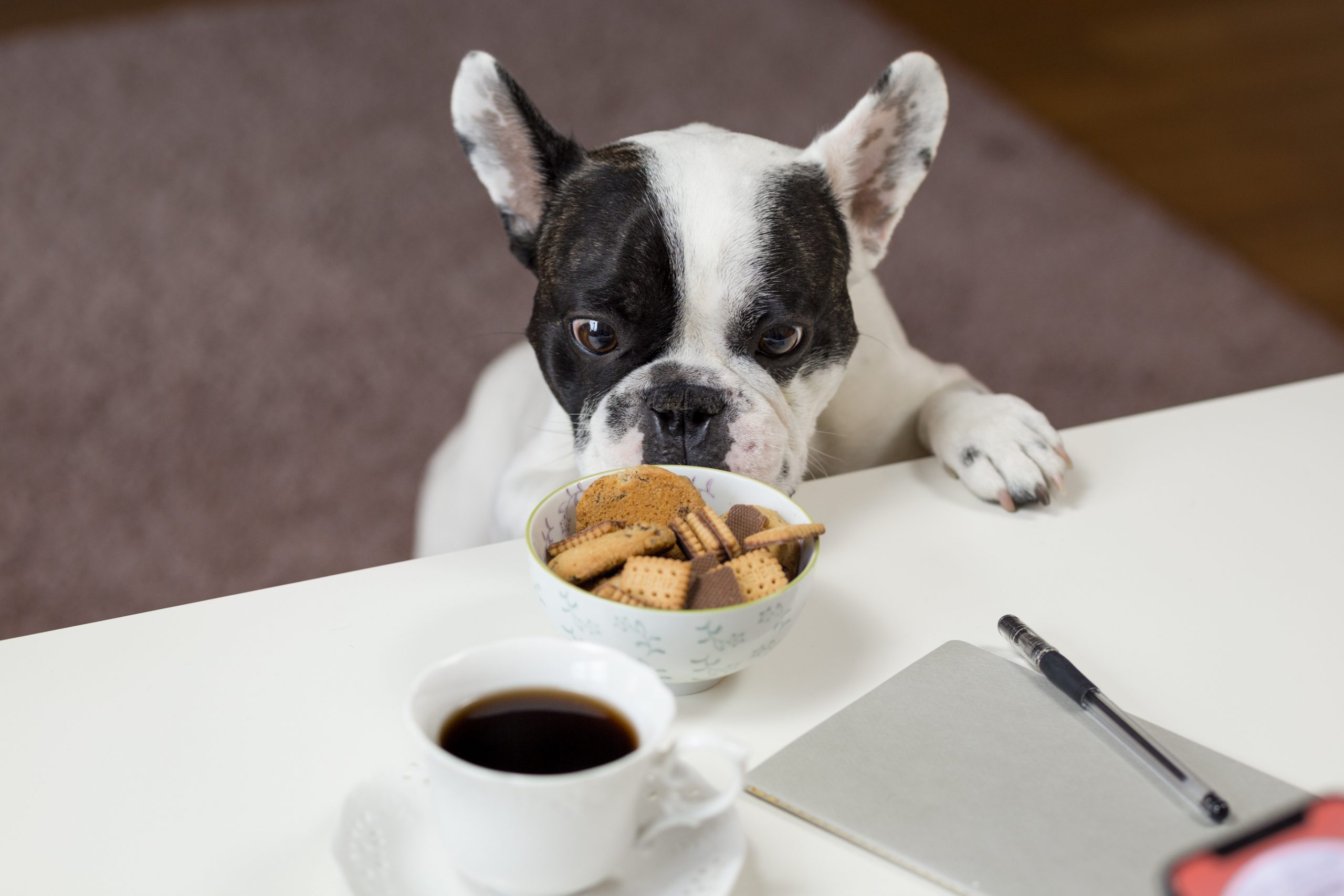Once we have ruled out medical reasons for weight gain (See part 1) it is time to look at other reasons for weight gain. And weight gain is complex. Sometimes it can be as simple as feeding too many treats, but sometimes we hear owners coming in who never give treats, and their pet still gains weight. It is a hard battle in some cases.

Genetics
We’ve heard it before, that genetics can play a huge part in weight gain – and this is especially true in the veterinary world. Have you ever seen an overweight greyhound? Even pet greyhounds, who spend their life lazing around the house rather than racing, have to work really hard to become overweight. This is because genetically they are less interested in food, and their metabolism is much faster than a Labrador (for example). Poodles, Whippets, Vislas are all breeds that are naturally thin. But if we look at Labradors, Rottweilers, Staffies, Pugs, and a whole host of other breeds, they can gain weight really easily. This is a great survival trait if they were on restricted rations, but with ready access to food on a daily basis, it can mean we easily feed far more food than they require.
Sneaking treats
We all know that dogs make the best vacuum cleaners. Have a toddler dropping food on the floor? Call your dog over and watch how quickly the mess gets cleaned up. Need to drain the drippings from the roast tray? Fat off the steak? Having tea and a biscuit and sharing with your best friend? It is surprising how much your pet can winkle out of the family without the family even being aware. The problem is that dogs have such a low energy requirement compared to us. Did you know some pets can require as little as 200calories/day?

